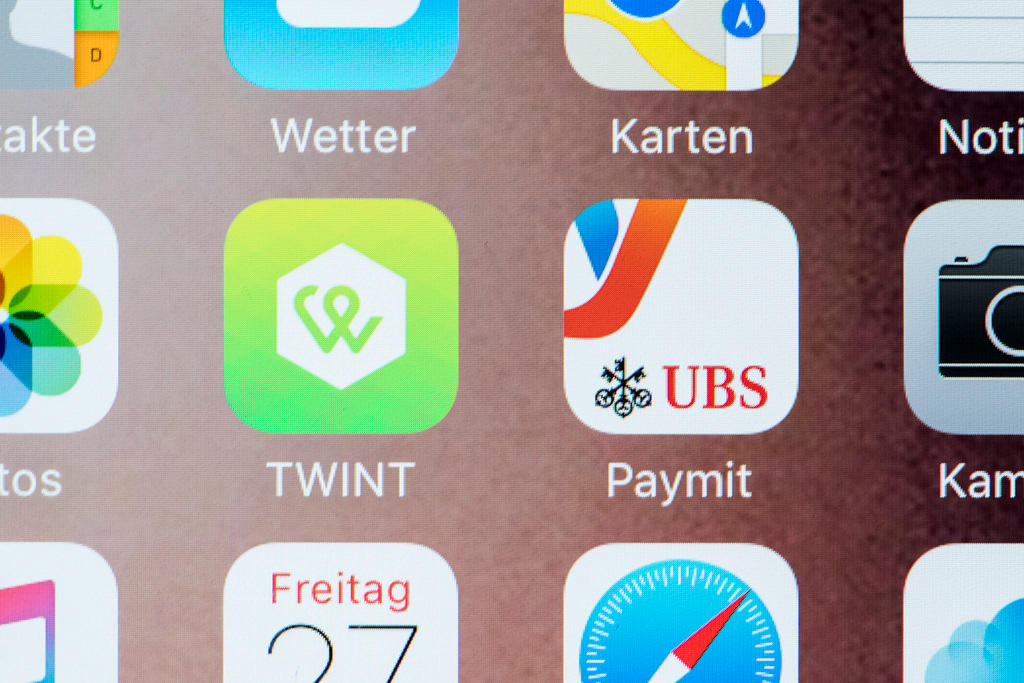Switzerland has a second stab at Digital ID

Amid much fanfare, Switzerland’s digital identification concept has been rebooted after a faltering start. The launch of SwissID has raised both expectations and a series of tantalizing questions as Switzerland tries to catch up with other countries who have marched ahead with their own models.
There is little doubt among observers that Switzerland is crying out for a properly functioning and user-friendly digital ID system. With more and more services going digital, consumers require a single point of entry that bypasses the need for multiple registrations and passwords.
Digital ID could eventually be used not just for e-shopping, but for a range of other services such as applying for a mortgage, submitting tax returns or voting.
“Switzerland needs SwissID: the service simplifies access to the online world and paves the way for future services such as electronic voting,” said Marcel Dobler, digital entrepreneur and director at SwissSign, the company that will run SwissID.
The concept is hardly new and by no means confined to Switzerland. Digital ID is already widely used in countries like Estonia and Sweden. Switzerland’s state-run telecommunications company Swisscom launched the SuisseID system in 2010, but it has since sunk with barely a trace. Meanwhile, other countries have forged ahead, opening a gap with Switzerland.
Security concept
The new offering from Swiss Railways and Swiss Post was presented on Tuesday – and it differs from its predecessor more than the slight change in name implies. For a start it is a free service, shunning the CHF50 annual fee charged by SuisseID. It is also easier to upload, particularly for smartphones.
Therefore, the operators believe it will have more than four million users within three yearsExternal link.
SwissID has also emerged at a time when the government appears to be getting a better grip on the regulation needed to run the service. Switzerland’s national eID framework is still work in progress – the consultation stage finishes at the end of this month.
Among the ideas presented so far is a multi-tiered security concept that allows people to choose how they want to use digital ID and how far they are prepared to bend over backwards to meet security requirements. Using the service just for shopping would require fewer checks than for voting in elections.
Under SuisseID, all users had to physically present themselves at an office just to register for the service. The new regulations could possibly allow for video registration for some uses.
Rival service
But not everyone is satisfied, particularly with the government’s avowed intention to leave the development of digital ID services to the private sector. This concerns the Swiss Consumer Protection AssociationExternal link. “Proof of digital identity should be a government task, but the government has unfortunately delegated this to the private sector,” the association said in a recent statement. “Digital verification of identity by private companies would be inconsistent and subject to market forces.”
Other observers have noted the imminent arrival of a rival digital ID service in Switzerland, spearheaded by UBS and Credit Suisse banks along with Swisscom. This brings back recent memories of the e-payment services Twint (launched by Swiss Post) and Paymit (UBS) that were eventually merged after trying to run as separate rivals.
“It was an expensive mistake having two systems. We lost a year because of it,” UBS Switzerland Group Managing Director Andreas Kubli admitted at a fintech event in Zurich earlier this year. “It is possible, that just like Twint and Paymit, these two systems get together at some point in the future.”

In compliance with the JTI standards
More: SWI swissinfo.ch certified by the Journalism Trust Initiative












You can find an overview of ongoing debates with our journalists here . Please join us!
If you want to start a conversation about a topic raised in this article or want to report factual errors, email us at english@swissinfo.ch.